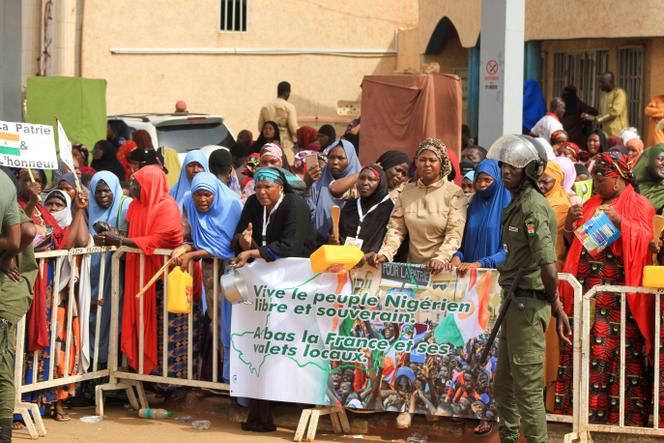


Bamako, Ouagadougou, Conakry, Niamey, Libreville... While each of the dominoes falling in French-speaking Africa has a local context, the common denominator in this series of military coups is clear: a crisis of the regimes put in place by France when these countries became independent. And the series is probably not over: Think of Cameroon, the Republic of the Congo and Togo. This is a new phase in the long process of decolonization that began around 1960. The current moment is key and calls for the invention of a new French vision of African countries – rather than of "Africa," which is a globalizing and reductive concept inherited from colonial times. At the same time, however, another sterile simplification must be overcome: the one that systematically attributes all the continent's misfortunes to colonial rule and tends to exonerate its current leaders.
For three decades, following in the footsteps of President Charles de Gaulle and his crony in Africa, Jacques Foccart, Paris pretended to leave, only to stay and place its loyal followers in power in each of its former colonies. In 1990, the end of the Cold War allowed the introduction of a multi-party system but only led to the same regimes being transformed into elective democracies.
At the same time, the terrible budgetary potions administered to the continent by international financial institutions weakened states, whose prerogatives were largely subcontracted to foreign NGOs and UN agencies. They impoverished populations and exacerbated abysmal inequalities. This era of democratic pretense seems to be coming to an end today, for better or, more likely, for worse, as young people who are massively deprived of a future in several countries of the Sahel prefer leaders of military coups to elected presidents and see a coup as the only way to get rid of a disgraced regime associated with France.
For this "moral and intellectual defeat" inflicted on France, as historian Achille Mbembe put it in an op-ed in Le Monde on August 4, France's political leaders are largely to blame: They have all posed as guardians of democracy, while simultaneously applauding rigged elections; they have all continued to portray France as a provider of "solutions for Africa," which fuels disillusionment; they have all preferred to listen to the military, whose preferred training ground since colonization has been the continent, rather than to sociologists, anthropologists and other people with knowledge of the terrain. President Nicolas Sarkozy's disastrous decision to take part in a military intervention in Libya in 2011 led to a massive distribution of weapons to jihadists in the Sahel, triggering a whirlwind of violence with no end in sight.
You have 51.68% of this article left to read. The rest is for subscribers only.
